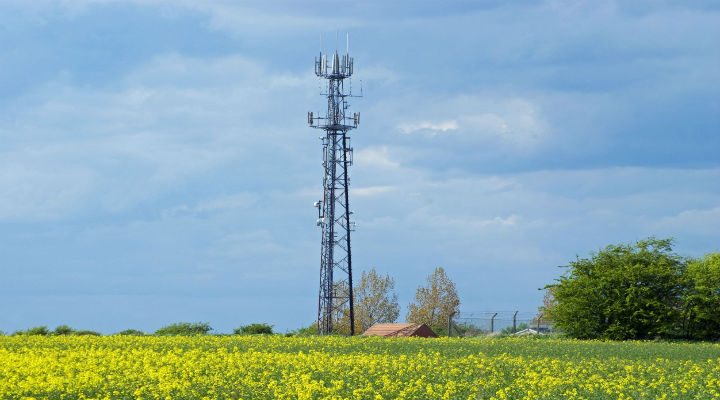This yr’s protection authorization invoice consists of full funding for the rip and exchange program for telecom networks
The U.S. Senate handed the Nationwide Protection Authorization Act, or NDAA, sending the laws to President Joe Biden’s desk. The $895 billion invoice consists of full funding for the Safe and Trusted Communications Community Reimbursement Program, in any other case often called the rip and exchange program, to take away gear and providers from corporations which were recognized by the U.S. authorities as nationwide safety threats.
The NDAA would authorize $3.08 billion for mobile corporations to take away and exchange delicate telecommunications tools. That is along with $1.9 billion that Congress has already allotted.
“We’re overwhelmingly happy that Congress has handed laws to totally fund the ‘Rip and Exchange’ program as a part of the 2025 Nationwide Protection Authorization Act (NDAA),” stated Aggressive Carriers Affiliation President and CEO Tim Donovan in an announcement. “This funding has been desperately wanted to fulfill the nationwide safety mandate created by Congress and fulfills Congress’s dedication to small and rural telecommunications carriers and the communities they serve.”

The Safe and Trusted Communications Networks Act of 2019 established the rip-and-replace program, and Congress appropriated $1.9 billion to cowl the anticipated prices — practically double the $1 billion initially outlined. This system was first designed to reimburse carriers with 10 million or fewer clients for the price of removing, alternative and disposal of communications tools or providers within the community “that pose a nationwide safety threat,” in response to the FCC—in different phrases, gear or providers offered by Chinese language distributors, together with Huawei and ZTE, that was bought on or earlier than June 30, 2020. This system was expanded alongside the way in which to extend the scale of eligible operators.
That $1.9 billion in funding ended up falling far brief of the estimated prices of removing. Community operators had requested $5.6 billion in 2022 to cowl the prices; the FCC ultimately estimated prices at $4.98 billion.
The plan is to pay for the rip and exchange program by way of an public sale of AWS-3 spectrum. The NDAA provides the Federal Communications Fee restricted authority below which to public sale that spectrum.
The FCC has been with out the authorized authority to public sale spectrum since early 2023, regardless of urging from a number of wi-fi business organizations and corporations in addition to FCC Chairwoman Jessica Rosenworcel herself.
Rosenworcel’s assertion on the rip and exchange funding stated, partly: “Full funding won’t solely assist shield our Nation’s communications infrastructure but in addition be certain that rural communities who depend on these networks preserve very important connectivity. I wish to thank the Home and the Senate for allocating the total quantity required to guard our Nation’s communications networks, and for recognizing that the FCC’s spectrum public sale authority can play an essential nationwide safety function. I name on Congress to revive it in full.”
Patrick Halley, president and CEO of the Wi-fi Infrastructure Affiliation, praised the funding of the rip and exchange program and added: “Whereas granting restricted spectrum public sale authority was essential to get this achieved, it’s important to our nation’s financial progress and safety for Congress to go a invoice within the New 12 months offering a complete spectrum pipeline with a long-term extension of public sale authority.”
Dave Stehlin, CEO of the Telecommunications Trade Affiliation, commented: “I’ve skilled, firsthand, how state-owned coated entities function on the worldwide stage, threatening the safety of our networks. The safety of our data communications know-how networks is of paramount significance, and we are going to proceed to work with operators and producers to make sure that our networks are deployed with trusted distributors.
“Guaranteeing the safety and resiliency of U.S. communications networks stays a major aim for TIA,” Stehlin continued. “By totally funding this program, Congress is demonstrating their help of carriers nationwide as they proceed their efforts to take away untrustworthy tools. The current high-profile and important intrusions throughout ICT networks demonstrates that extra should be achieved to safe our important communications infrastructure.”


